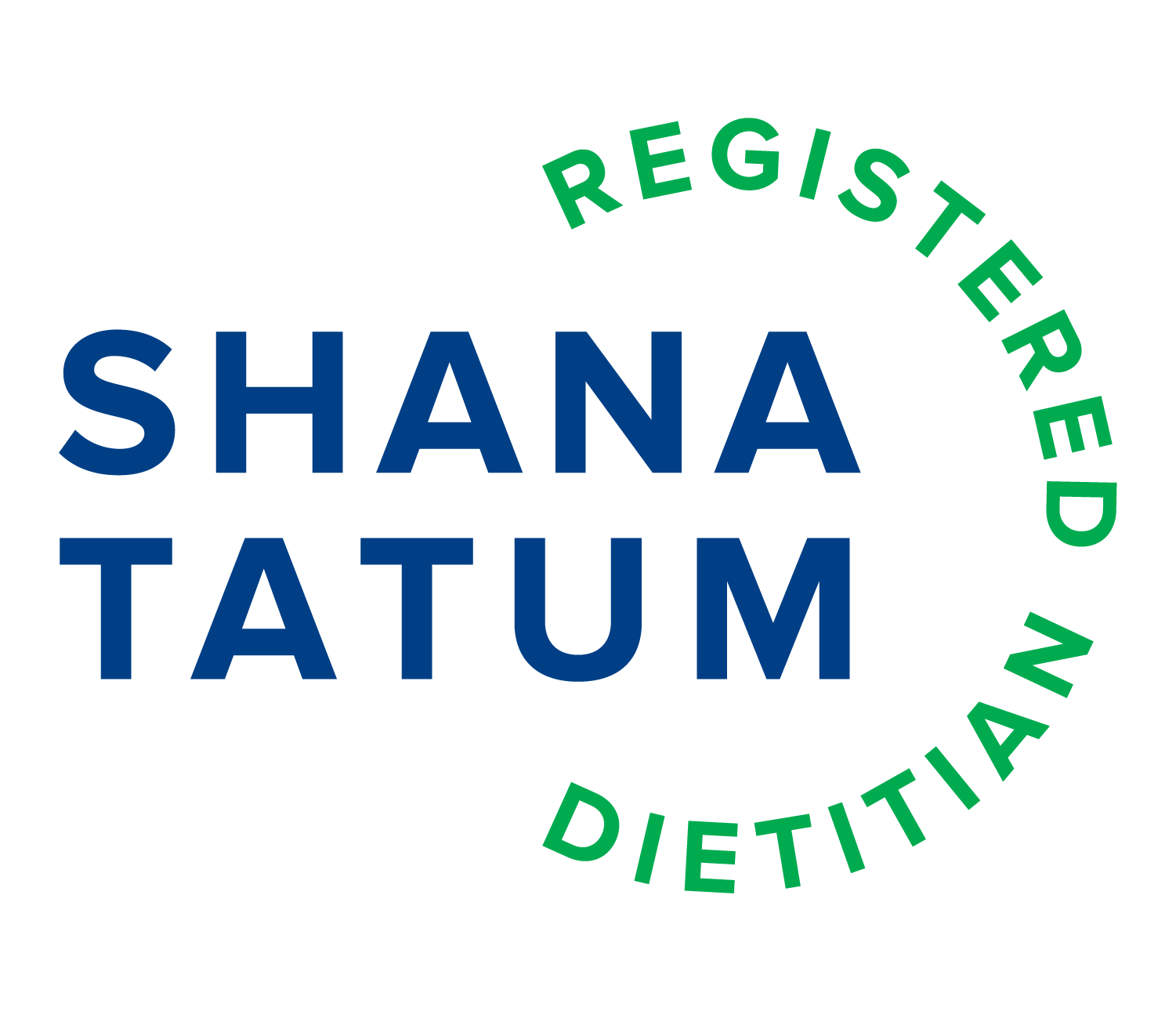Food and Mood
Have you experienced anxiety, distress, irritability, a sense of hopelessness or unexplained fatigue? Chances are, yes may be the answer to that question. Because we are all human, we experience the ups and downs life offers us. Did you ever stop to consider that what you are eating might play a role in your feelings? Recent research is showing that a diet high in inflammatory foods may set the stage for depression and associated symptoms. Scientists have put forth a hypothesis called the Immune Cytokine Model of Depression, meaning depression may be related to inflammation and a sign of immune system imbalance and not only a disease of chemical imbalance (1).
Inflammation is a protective mechanism of the body
It is a normal physiologic step to defend and repair from injury or invasion. Two types of inflammation exist in the body, acute and chronic. Acute inflammation is usually localized and adaptive, think skinned knee or cut finger. Chronic inflammation is maladaptive and disrupts homeostasis in the body. Evidence is pointing to inflammation as the root of many chronic conditions the body expresses (2).
So if inflammation may be a cause of imbalance in the body and related to the high costs of chronic disease, what inflammatory foods may be on your plate?
Foods highly processed and refined such as packaged baked goods and cereals, white flour and white sugar.
Unstable vegetable oils such as canola, corn and soybean oils.
Trans Fats
Synthetic flavorings and emulsifiers such as polysorbate 80 (3).
Avoiding triggers and modulating the mediators of inflammation with diet and lifestyle can dampen and reduce the flames of inflammation.
Diets rich in Omega 3’s found in fish, wild game and eggs can be supportive. It is also found to a lesser extent in flax, walnut and chia seeds (4). Spices, such as ginger and garlic found in certain phytochemicals, flavonoids such as curcumin and resveratrol also have an influence on inflammation. Not including enough fruits and vegetables in the diet may also be contributing factors. These provide antioxidants that can mediate exposure to some inflammatory foods (5).
Sleep
Sleep medicine is a fairly new field of research but it is revealing much about its role in maintaining health and mental well being. Prolonged sleep deprivation can have inflammatory effects causing symptoms with immune system, metabolic inefficiency, and memory (6).
Movement
Scientists assert that we have survived life on planet earth in large part to our athleticism. Movement provides a specific protein release that works to inhibit certain stress responses in the brain. It positively changes the brain chemistry. (7).
Connection to community
Many studies are finding the power of connection through group interaction and identity improve health risks. Recent news from Canada shows that the group component of social interaction is critical. Joining groups and having a sense of purpose, belonging and meaning can alter health in a positive way (8).
Modifiable lifestyle factors are the key to improving your mood, anxiety and feelings of depression. For more information and to explore some of your antecedents and triggers of inflammation call our office 713-868-4372 and schedule an appointment with a nutritionist to learn more.
References
Berk et al, (2013). So depression is an inflammatory disease, but where does the inflammation come from? BMC Medicine,11(200), doi:10.1186/1741-7015-11-200
Raison, C., (2009). Inflammation and its discontents: The role of cytokines in the pathophysiology of major depression. Biological Psychiatry, 65(9), 732-741. doi:10.1016/j.biopsych.2008.11.029
Viennois, E., Merlin, D., Gewirtz, A., Chassaing, B.,(2016). Dietary emulsifier-induced low-grade inflammation promotes colon carcinogenesis. Cancer Research 77(1), 27-40. doi: 10.1158/0008-5472.CAN-16-1359
Wendell, S., Baffi, C., Holguin, F. (2014). Fatty Acids, inflammation, and asthma. Journal of Allergy Clinical Immunology 133(5),1255-64. Doi: 10.1016/j.jaci.2013.12.1087
Jacka, F., Pasco, J., Mykletun, A. Williams, L., Hodge, A., O’Reilly, S. Nicholson, G., Kotowicz, M., Berk,M. (2010). Association of Western and traditional diets with depression and anxiety in women. American Journal of Psychiatry 167(3),305-11. doi: 10.1176/appi.ajp.2009.09060881.
Xie, L. et al, (2013). Sleep drives metabolite clearance from the adult brain. Science 342(6156),373-377. doi: 10.1126/science.1241224
Agudelo, L., et al (2014). Skeletal muscle PGC-1α1 modulates kynunerine metabolism and mediates response to stress induced depression. Cell 159(1),33-45. doi: 10.1016/j.cell.2014.07.051
Cruwys, T., Haslam, A., Dingle, G., Jetten, J., Hornsey M., Desdemona-Chong, E., Oei, T., (2014). Feeling connected again: interventions that increase social identification reduce depression symptoms in community and clinical settings. Journal of Affected Disorders 159(2014)139-145. Doi: 10.1016/j.jad.2014.02.019.

